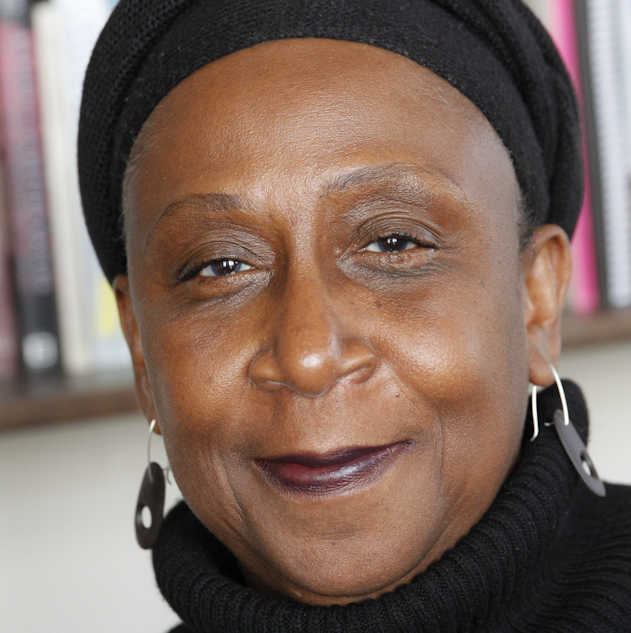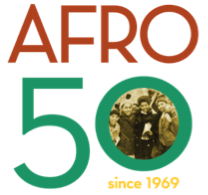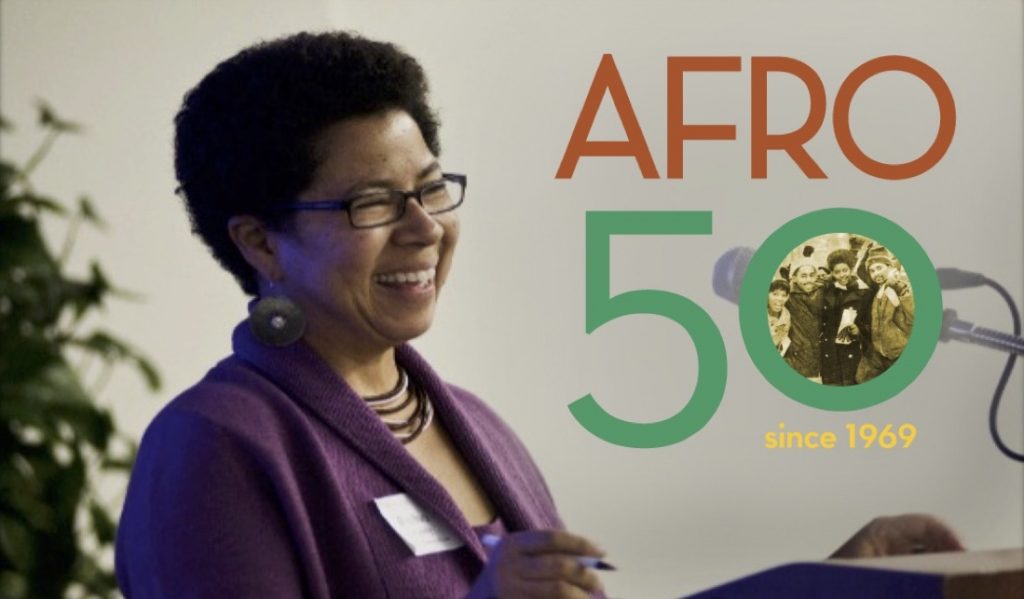
By Dr. Rose M. Brewer, University of Minnesota-Twin Cities. This post is the first in a new blog series on stories of education for liberation work happening in the Twin Cities and surrounding region, leading up to the 2019 FMFP conference.
Afro 50 signals the 50th anniversary of the establishment of the Department of African American & African Studies at the University of Minnesota-Twin Cities. Black student struggles and protest were the catalysts for the establishment of the Department. The resistance had been months in the making. Black students attempted to go through official channels, to little avail. Students decided that “enough was enough”. The powers that be were not listening. The students took over Morrill Hall 50 years ago on January 14, 1969.

The resistance and courage of these Black students lives on. They demanded an education that reflected who they were. They demanded full scholarships for Black Students. They demanded Black faculty and staff. And, the key demand was for the establishment of a Department of Afro-American Studies (as it was named in the official demands).
Indeed, Black students all over the country were engaged in struggles for relevant education. The story of the University of Minnesota is very much the story of Black student upheaval in the late 1960s on 100s of campuses. The demand to dismantle Eurocentric education located elitism within racism. By the late l960s the decolonization struggles internationally had begun to influence U.S. activists. Black community uprisings, Black Power and Internationalism, were catalytic. Black Studies pivoted on the idea of relevant education, serving the interests of the people.
The founding of the field involved overt struggles with the state, the police, the Eurocentric institutional actors. San Francisco State is a case in point. Karenga (1993) aptly points out what is often missed in unearthing the history of the field is its intellectual activism. He asserts that one of the most important concepts in the general student movement and especially in the Black Student Movement, which waged the struggle for Black Studies, was the concept of relevance—in its academic and social dimensions.
Relevance is the lynchpin of higher education’s contribution to liberation and a higher level of life for Blacks student activists notes Karenga. The first chair of the first Black Studies program at San Francisco State College, Nathan Hare called it education that would contribute to solving “the problems of the race” by producing persons capable of solving problems of a contagious American society. To not do so, to not center relevance, would make education useless.
Even earlier, by 1966 The Negro Students’ Association changed their name to the Black Student Union (BSU), representing a new identity and direction. Oppositional identity was folded in the use of the term Black to denote pride and commitment to liberation. The organization also became involved in San Francisco State’s tutorial program for the surrounding community. This and other community service activities signaled the social commitment and service Black student activists would place at the center of the academic and social mission of Black Studies (Karenga 1993).
Black Studies in its inception positioned itself as transformational. This is beyond a “helping “ and “aid” approach. It pushed beyond the dominant discourses and assumptions about Black inequality. Questions such as, what about the indigenous knowledge(s) of marginalized peoples? What of oppositional histories, the challenges to disciplinary hegemony? What about the history of Black resistance? These important challenges to the academic status quo embed a legacy central to articulating a critical epistemology, rooted in deep level critique and practice, taking seriously African epistemologies and culture.
It is in this intellectual and political context that students at the University of Minnesota made seven demands. “We demanded an education that prepared us in the development of skills that taught us how to think from a Black Perspective, and to put that thought into action” said Dr. Horace Huntley, one of the student leaders of the Morrill Hall Take-over and occupation.
The change charge was lead by Rosemary Freeman, President of the Afro American Action Committee along with student leaders Huntley, Marie Braddock, Manuel Woods, Lester Cannon, Warren Tucker, John Wright, Anna Stanley and a number of others asserting their rights as human beings.

Dr. Horace Huntley returned to the University of Minnesota to kick off the 50th anniversary commemoration, February 25, 2019. This initial teach-in 101 featured Huntley who was a week long Visiting Scholar. A second teach-in “Critical Black Feminisms, Black Lives and Black Student Protests” is scheduled for April 25 and will feature scholar-activist Dr. Barbara Ransby. The Department of African & African Studies is the anchor sponsor of the Free Minds Free People Conference, July 11-14, 2019 to be held on the campus of the University of Minnesota. A graduate and undergraduate student symposium will follow in the Fall of 2019 and the year will culminate with a final teach-in on November 22. 2019.
A luta continua!